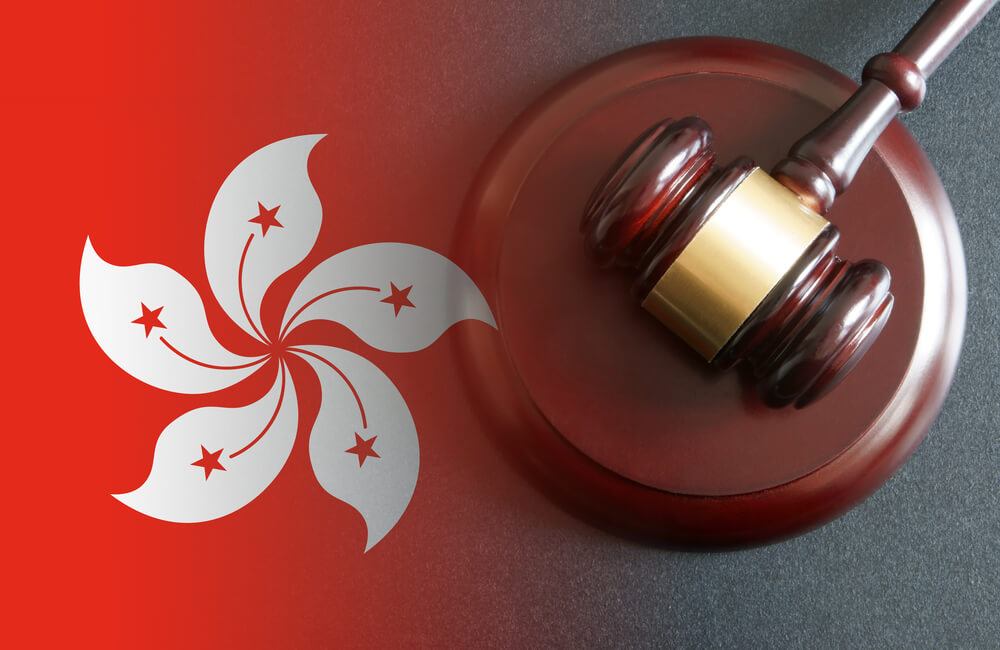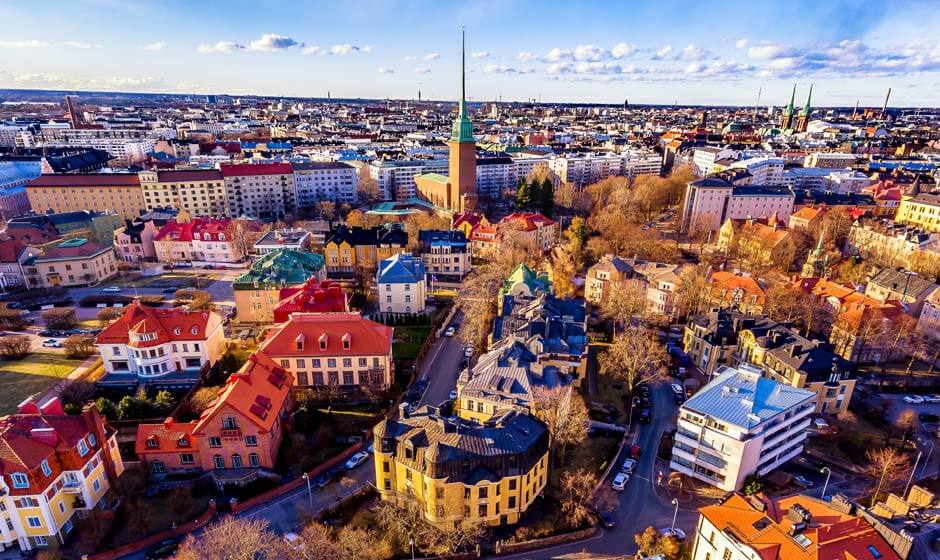Protests in Chile: the UN Reports Violation of International Human Right
The riot in the Chilean capital Santiago began on October 14, when authorities raised the subway fare. Millions of people in different cities went to the streets, urging Chilean President Sebastian Pinera to resign. Also, the demand of the demonstrators was to increase wages and pensions, lower prices for medicines, as well as introducing constitutional reform in the state.
The protest grew into riots all over the country. More than 280 people have been already suffered, at least 17 people were killed, and 7000 were arrested. There have also been reports of abuse of power. Chilean police are charged with injuring protesters.
Michelle Bachelet, the previous president of the country, is shocked by acts of vandalism and violence during protests in Chile. The police used many times tear gas and water cannons, as well as used force.
Bachelet warned that violation of the law by all parties of the conflict should be punished since such actions can spread panic and fear in the country:
— “The actions of both the authorities and the protesters that led to injuries or deaths should be independently, impartially and transparently investigated,” — emphasized the UN High Commissioner.
Michelle Bachelet also called for compliance with international law, stressing that most of those arrested during the protests are not able to turn to a lawyer, most of the victims cannot defend themselves and achieve fair punishment:
— “The authorities must strictly adhere to international standards regarding human rights. It is necessary to introduce a state of emergency in the country as an exceptional measure. Moreover, it is worth relying on existing legislation”.
According to Bachelet, there is information about a large number of injured among law enforcement agencies. Therefore, the protection of human rights should extend both to the side of the protesters and civil servants.
The Commissioner urged the authorities to heed the position of Chilean citizens and take all measures to stop the mass protests and killing people.
— “If stopping the protests is difficult, I urge to be peaceful and stop the deaths of dozens of our citizens,” — said Bachelet.
The High Commissioner expressed sincere hope that the crisis in society can be resolved only through open and sincere dialogue as well as a detailed analysis of the social and economic problems that led to events in Chile.
On October 8, protesters set fire to the building of the electric company Enel Energy Europe. On the same day in the evening, a state of emergency was declared in the country. Its effect also spread to the southern and northern cities of Chile. But even after the state of alert, the protests didn’t stop. Protesters continued to set fire to buildings and buses, smash the metro stations and attack special forces of the law enforcement system.
In response to a large-scale protest, Chilean President Sebastian Pinera decided to dissolve the Cabinet of Ministers to form a new government and carry out social reform.
— “I notified all ministers of the long-term resignation, as the population requires a restructuring of the cabinet,” — the president said. — “However, it’s not yet known, how the restructuring will look like,” — the head of state added.
After the following statement, about a million more people took part in a peaceful protest in Santiago urging them to fight against economic inequality in the state.
Despite the fact that the authorities canceled the increase in the subway fare, the protests didn’t stop. Most of the protesters demand the resignation of the president.
A collapse in the country drew the attention of the UN to problems in Chile. The protests created violence and a threat to the lives of civilians. The UN mission noted a violation of the law and abuse of power by the Chilean law enforcement system.
The imposition of curfews in Santiago led to the brutal treatment of residents by the police. So, some stories of Chileans confirm the act of rude attitude towards the civilian population.
Local resident Alex Nunez, who was returning from work during curfew, was persecuted and then brutally beaten by three police officers in his district. The Chilean was taken to the hospital, where he died from injuries incompatible with life. Nunez was diagnosed with a head injury and a fractured skull. The police still don’t comment on this case and don’t disclose detailed information to reporters.
Currently, the Chilean prosecutor’s office is investigating more than 1000 lawsuits regarding police abuse related to torture and beatings of civilians.


